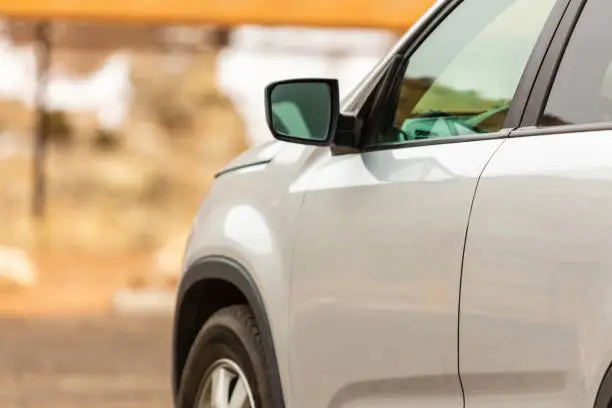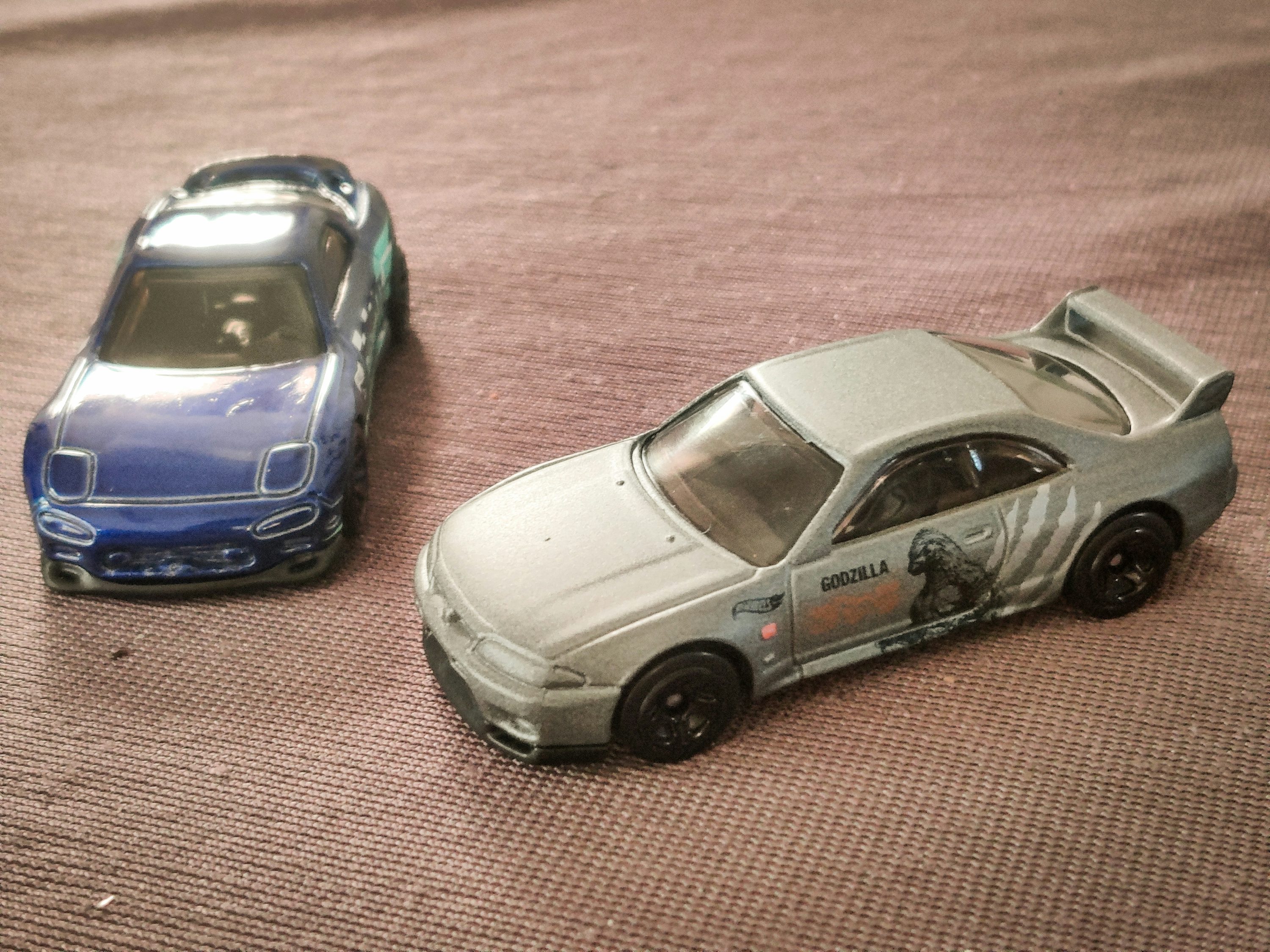- Top 5 Reliable Models for 2025
- How to Find Quality Pre-Owned Vehicles
- Key Parts to Check
- FAQ (Frequently Asked Questions)
Thinking about buying a used car? It's a smart financial decision. This guide will help you find great deals on reliable pre-owned vehicles. You’ll learn what to look for and how to avoid common mistakes.
Top 5 Reliable Models for 2025
Looking for a car that won't break the bank and runs reliably? Here are some top picks for buying in 2025. These models are known for lasting a long time and not costing too much to keep up.
1. Compact Sedan Champion (Models from 2019-2022)
These smaller sedans are often a top choice. They are great for city driving or daily commutes. Many drivers appreciate how much fuel they save. When they need new parts, these parts are usually easy to find and not too expensive. You might find one with an average mileage of about 45,000 to 75,000 miles. These are truly good used cars if you value low running costs.
2. Mid-Size SUV All-Star (Models from 2020-2023)
If you need more space, a mid-size SUV could be perfect. Families often love these vehicles because they offer plenty of room inside. They can easily fit passengers and cargo. When shopping for these, look for options that are certified pre-owned (CPO). A CPO SUV often comes with extra checks and a warranty, giving you more peace of mind. These are known as reliable pre-owned vehicles for bigger families.
3. Hybrid Hatchback Hero (Models from 2018-2021)
Want to save money at the gas pump? A hybrid hatchback is a fantastic option. These cars mix a gas engine with an electric motor. Before buying, it's very important to check the battery's health. Ask for a report on the battery's condition. While new models can be pricey, you can often save a lot – sometimes 30% or more – by choosing a used version. They offer excellent fuel economy and are a smart choice for drivers looking for good used cars.
How to Find Quality Pre-Owned Vehicles
Finding a great used car takes some careful work. You want to make sure you get a vehicle that's safe and reliable. Here are some key steps to help you find truly good used cars.
Check the Vehicle's Past Life (Verify Vehicle History)
Before you buy any used car, always learn about its past. This is super important to know if the car has been well-cared for. Ask for a full vehicle history report. This report can tell you many things, like:
Service Records: These show when and where the car was serviced. Did it get regular oil changes? Were important repairs done on time? A car with good service records is likely a reliable pre-owned vehicle.
Accident Reports: Has the car been in a crash? How serious was it? Knowing about past accidents helps you decide if it's worth buying.
Ownership Timeline: How many people have owned the car? How long did each person keep it? A car with fewer owners or long-term owners might be better cared for. This deep dive into its past helps avoid buying a problem car.
Understanding Mileage (Mileage Sweet Spots)
Mileage often tells part of a car's story, but it's not the only thing. A mileage check is crucial. Here are some ideal mileage ranges based on a car's age. These ranges suggest a good balance between age and wear.
Vehicle Age | Ideal Mileage Range |
|---|---|
2 to 3 years | 20,000 to 40,000 miles |
4 to 5 years | 50,000 to 75,000 miles |
Beyond these numbers, always remember that how a car was driven and maintained is more important than just the number on the odometer.
Key Parts to Check
When you're ready for a test drive, pay close attention to these three vital parts of the car. They can tell you a lot about the car's overall health and if it will be a good used car for you.
1. The Brake System
Your brakes are key for safety. When you take the car for a spin, listen carefully. Do you hear any strange sounds when you press the brake pedal?
Grinding noises: This often means the brake pads are worn out.
Squealing sounds: This can also signal worn pads or other brake issues. The car should stop smoothly and in a straight line, without pulling to one side. A healthy brake system is vital for any reliable pre-owned vehicle.
2. The Transmission
The transmission helps your car change gears. It makes sure power from the engine gets to the wheels smoothly.
When you drive, pay attention to how the car shifts gears. Is it smooth and steady?
Jerkiness or delays: These can mean big problems with the transmission.
Clunking sounds: This is another bad sign. Fixing transmission issues can be very expensive, so definitely check this part well.
3. The Suspension
The suspension system helps your car ride comfortably and keeps the tires on the road. It deals with bumps and dips.
Look at the tires. Are they worn evenly?
Uneven tire wear patterns: This can be a sign that the suspension is not working right.
During your drive, does the car bounce too much after a bump? Does it feel like it's leaning in turns? These can all be signs of suspension problems. A good suspension means a smoother, safer ride.
FAQ (Frequently Asked Questions)
Buying a used car can bring up many questions. Here are answers to some common concerns. We want to help you feel confident when looking for good used cars.
Q:How important are dealership certifications?
A: Dealership certifications, often referred to as certified pre-owned (CPO) programs, can be very helpful. They mean the car has passed a strict inspection by the manufacturer or dealer. These programs often add an extra warranty, usually for 12 to 24 months. This can give you peace of mind. However, CPO cars usually cost a bit more, often 8-15% more than buying from a private seller. They are an excellent choice, especially for first-time buyers who want extra security and a reliable pre-owned vehicle guarantee.
Q:Should I avoid vehicles with high mileage?
A: Not always! While a mileage check is important, a high number on the odometer isn't always a deal-breaker. A car that has been well-maintained, even if it has higher miles (for example, under 100,000 miles), can still offer great value. Some cars are made to last. What matters most is the car's service history. A car with 100,000 miles that has regular oil changes and repairs might be a better buy than a car with fewer miles but no record of care. Focus on how the car was looked after, not just the numbers.
Q:What's better – a newer model with high mileage or an older model with low mileage?
A: This is a common question. When choosing between these, you should always focus on the car's maintenance records. This means looking at its full vehicle history report. For example, imagine a car that is four years old with around 60,000 miles. If it has a complete and detailed service history, showing it was always cared for, it often makes a better choice. It can be better than a car that is only two years old with 80,000 miles, especially if its service records are missing or incomplete. A well-cared-for older car is usually a safer bet for a long-lasting, good used car.
Read More:
2025 Windshield Wiper Size Guide: Find Your Perfect Fit Quickly











